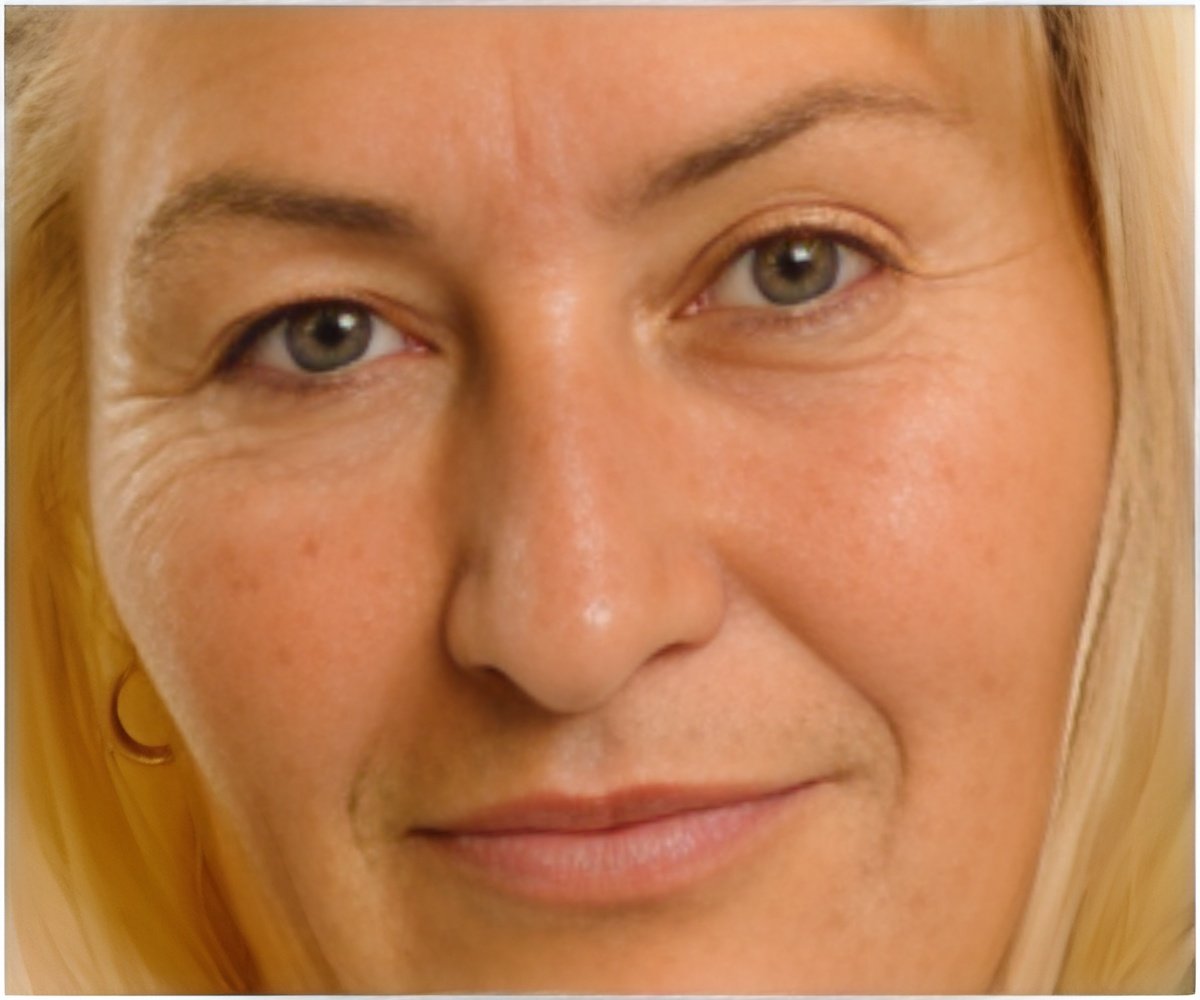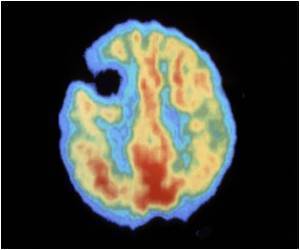The human face is as unique as a fingerprint and no one else looks exactly like you. Researchers have tried to find out what makes facial morphology so distinct.

"Our results suggest it is likely there are thousands of enhancers in the human genome that are somehow involved in craniofacial development. We don't know yet what all of these enhancers do, but we do know that they are out there and they are important for craniofacial development," Axel Visel, a geneticist with Berkeley Lab's Genomics Division who led this study said.
While some genetic defects responsible for craniofacial pathologies such as clefts of the lip or palate have been identified, the genetic drivers of normal craniofacial variation have been poorly understood.
To learn whether gene enhancers can have the same long-distance impact on craniofacial development, Visel and a multinational team of collaborators studied transgenic mice.
The study is published in journal Science.
Source-ANI










